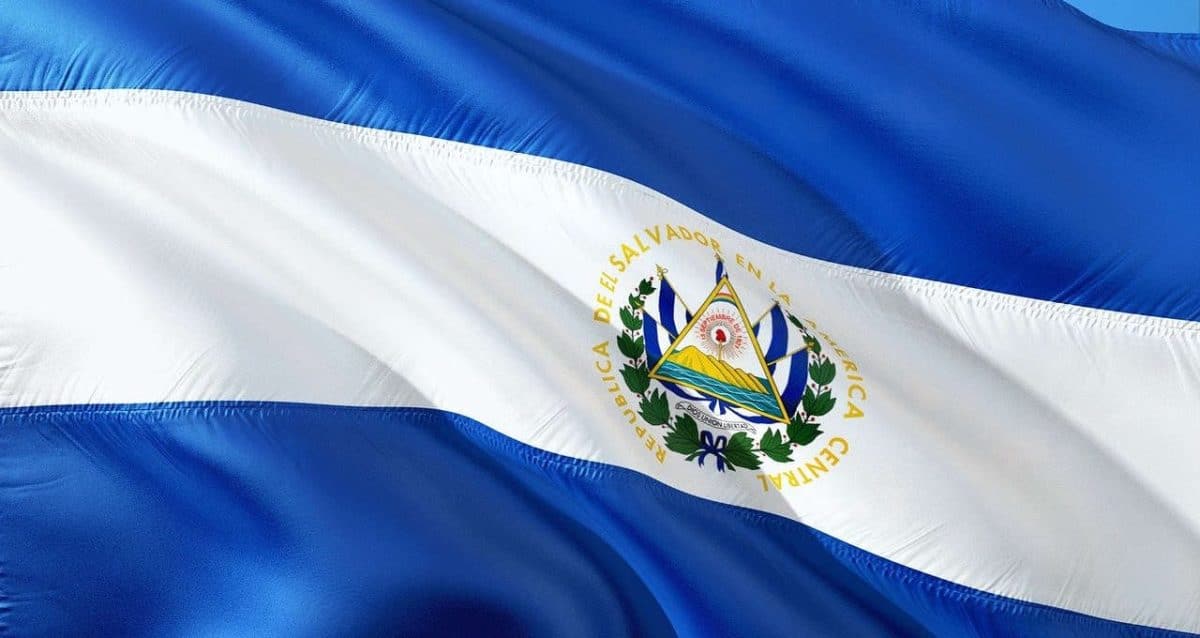- El Salvador halts public funding for Bitcoin purchases as part of its financial agreement with the International Monetary Fund (IMF).
- The government also plans to strip Bitcoin’s status as legal tender and focus on restoring economic stability through regulatory reforms.
The El Salvador government has finally decided to stop using public funds to buy Bitcoin. This decision came after the country reached an agreement with the International Monetary Fund (IMF) to obtain a US$1.4 billion aid package. On the other hand, this step is also a form of major adjustment to El Salvador’s crypto policy which had previously rocked the world.
El Salvador Stops Buying Bitcoin Using Public Funds
Since 2021, El Salvador has indeed become the first country to dare to adopt Bitcoin as an official means of payment. However, the reality on the ground does not always align with expectations. According to a report from AS/COA, Bitcoin adoption among the public is still relatively low.
Many citizens face difficulties using this technology in daily transactions. In fact, only a small portion actively use Bitcoin, while the majority still rely on traditional money.
Early March, several economic experts also assessed that the Bitcoin adoption project had failed to achieve its goals. Instead of expanding financial inclusion and attracting foreign investment, economic instability and increased fiscal risk occurred.
So, as part of the agreement with the IMF, the government not only stopped buying Bitcoin using state funds, but also agreed to remove Bitcoin’s status as legal tender in El Salvador. This is not just a symbolic move, but a major course correction.
Bitcoin City and International Partnerships, New Hope or New Problem?
In addition to internal issues, there are also external efforts to improve the country’s image and position. CNF previously reported that El Salvador has strengthened cooperation with Paraguay through a memorandum of understanding (MOU) aimed at strengthening anti-money laundering efforts in the crypto space.
Strategic collaborations like this are expected to increase global market confidence and accelerate institutional adoption. Just imagine if the crypto market in this region becomes more stable, it is not impossible that more large funds will enter.
However, new challenges have emerged. Intense debate has surrounded President Nayib Bukele’s proposal to create a tax-free metropolis powered by geothermal energy from Mount Conchagua called “Bitcoin City.” This initiative certainly seems like a nirvana for cryptocurrency investors.
Environmentalists, on the other hand, say that building Bitcoin City endangers the surrounding ecosystem including protected mangrove forests. Furthermore, criticism from several quarters has surfaced given that this ambitious endeavor gives imagination first priority over actual environmental consequences.
Furthermore, with pressure from the IMF to tighten state financial management, the El Salvador government has had to be more careful in its actions.

